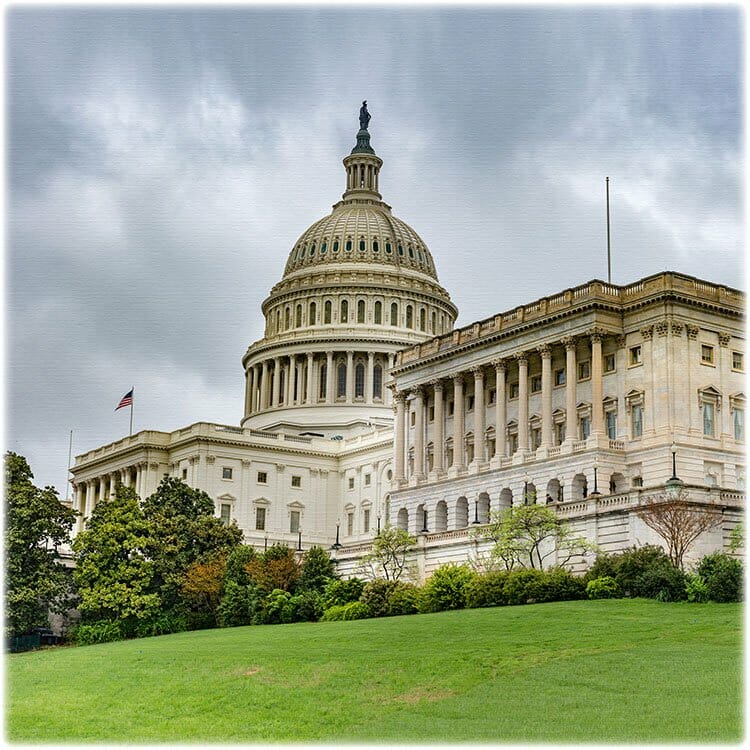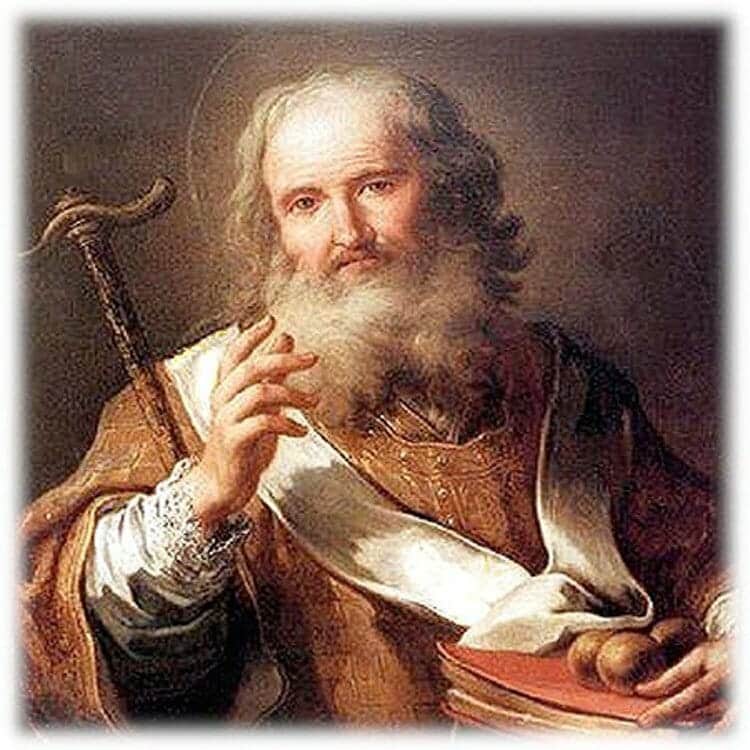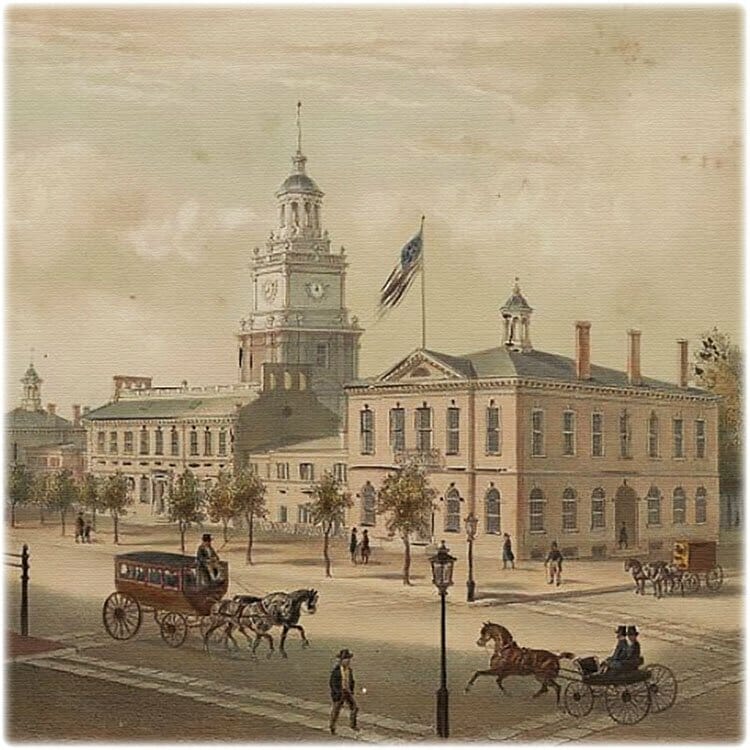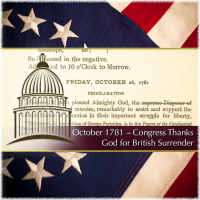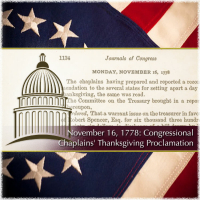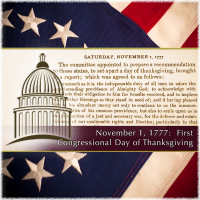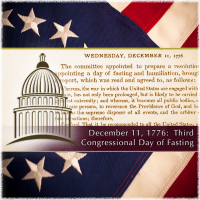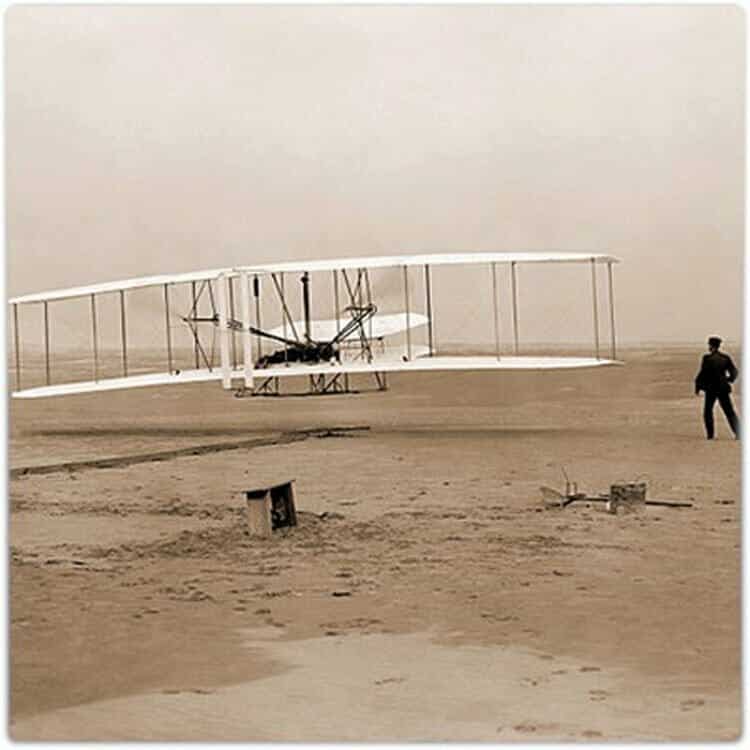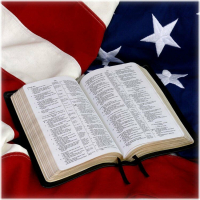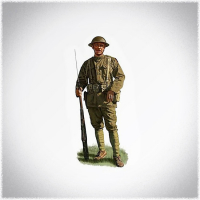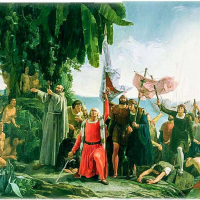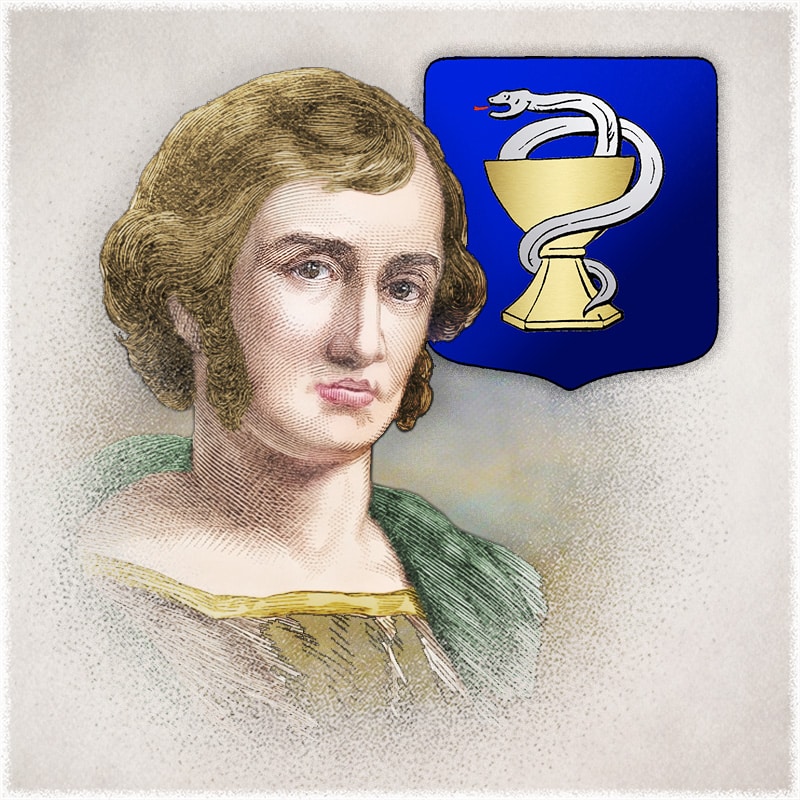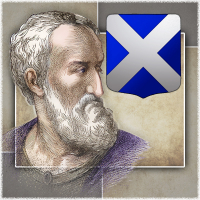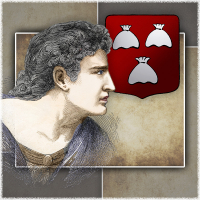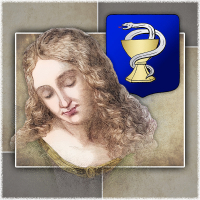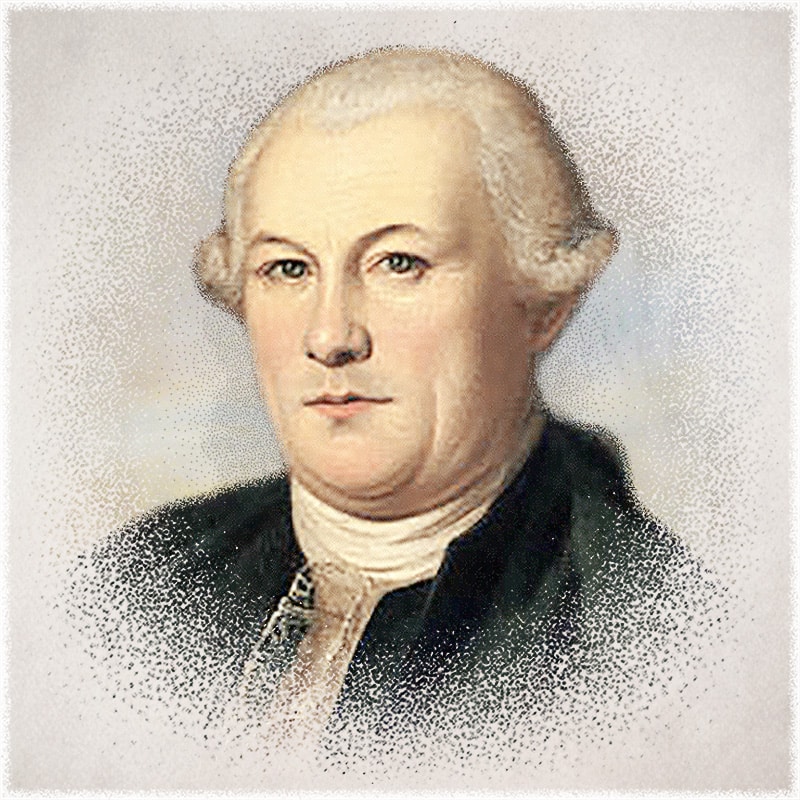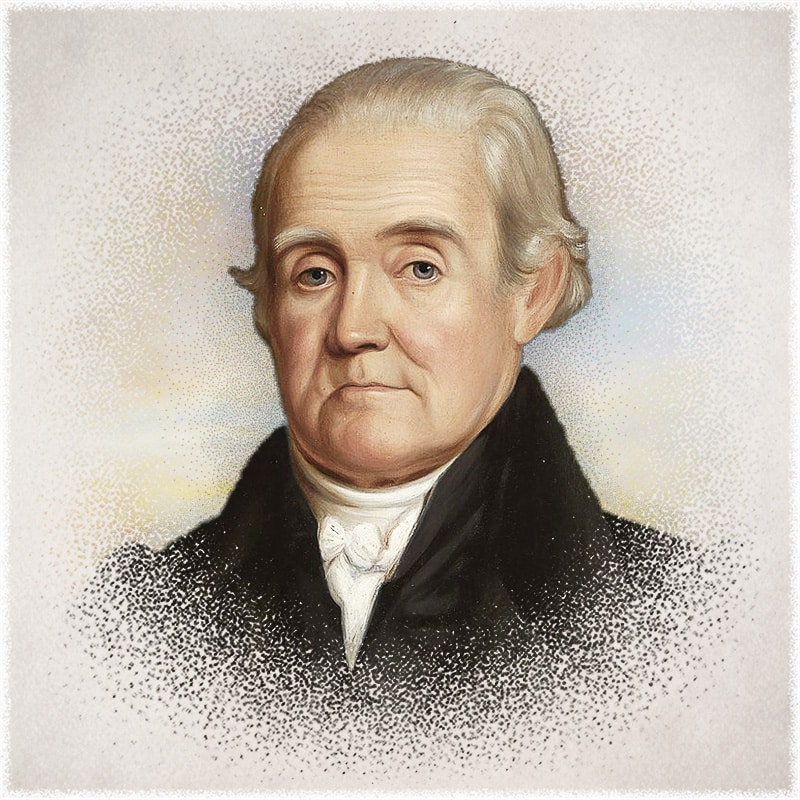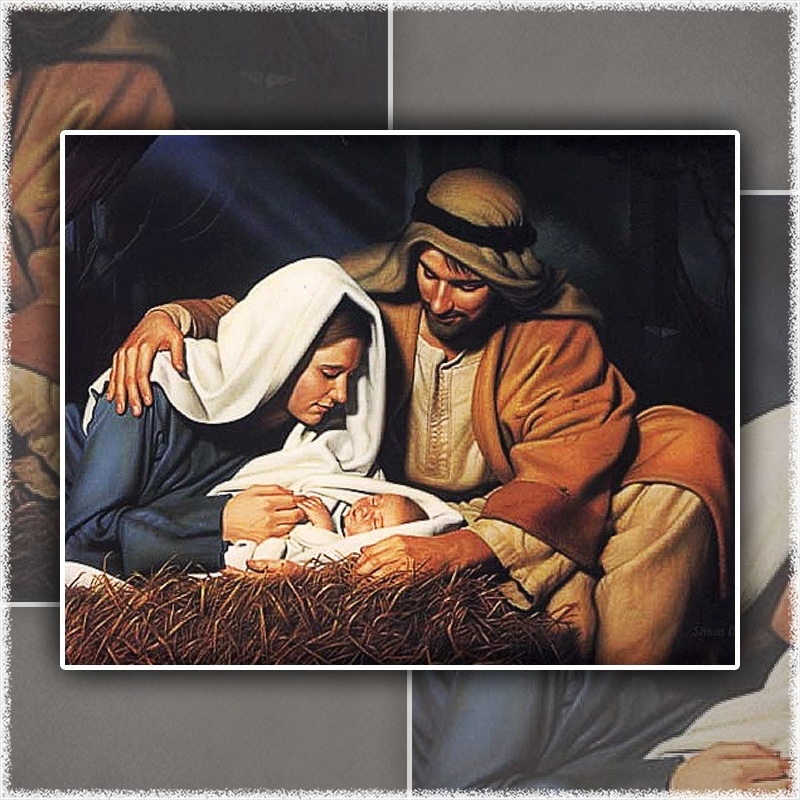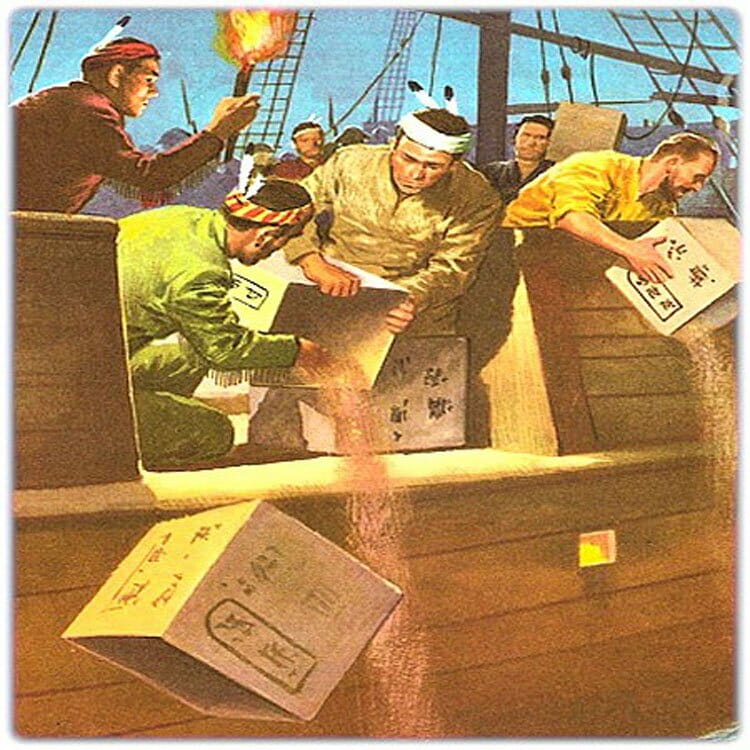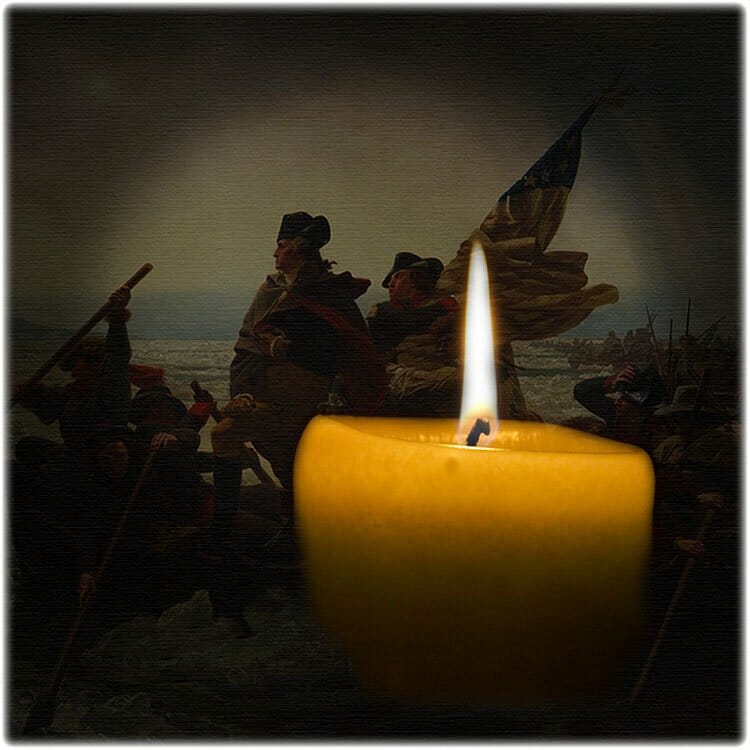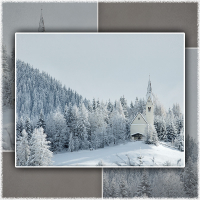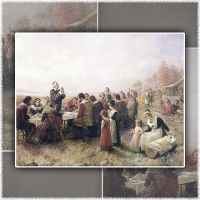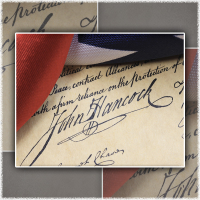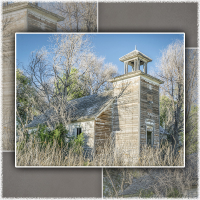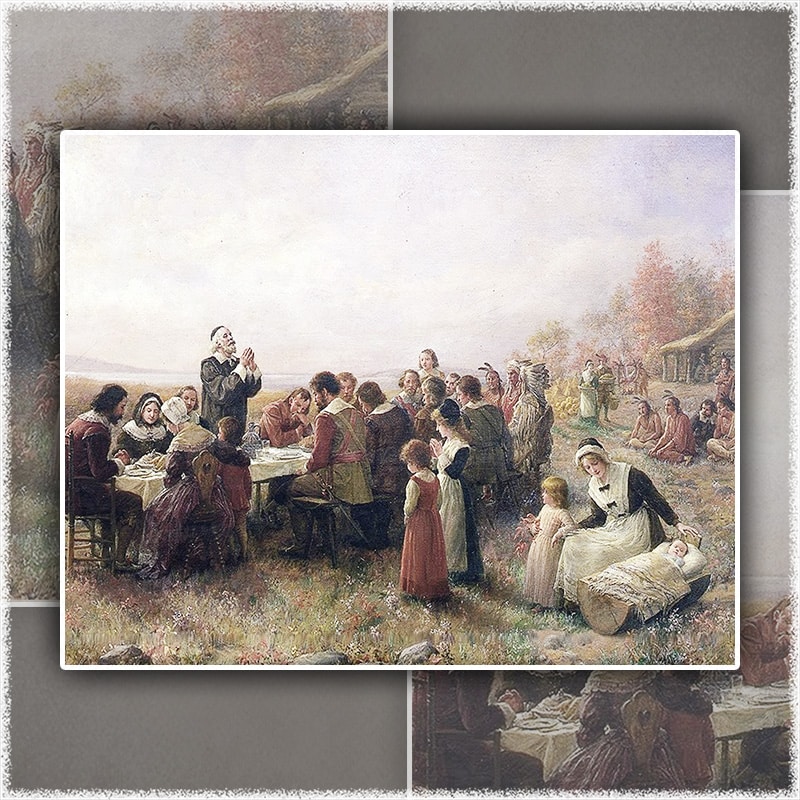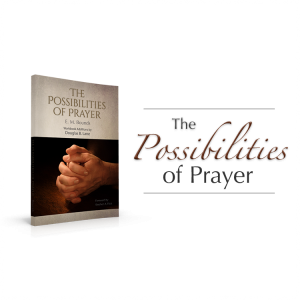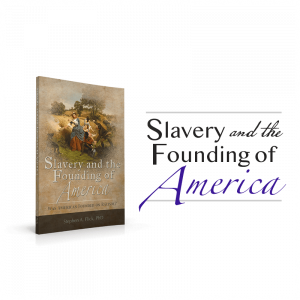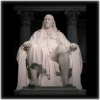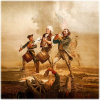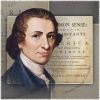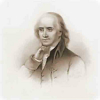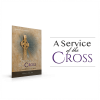Christian Living in December
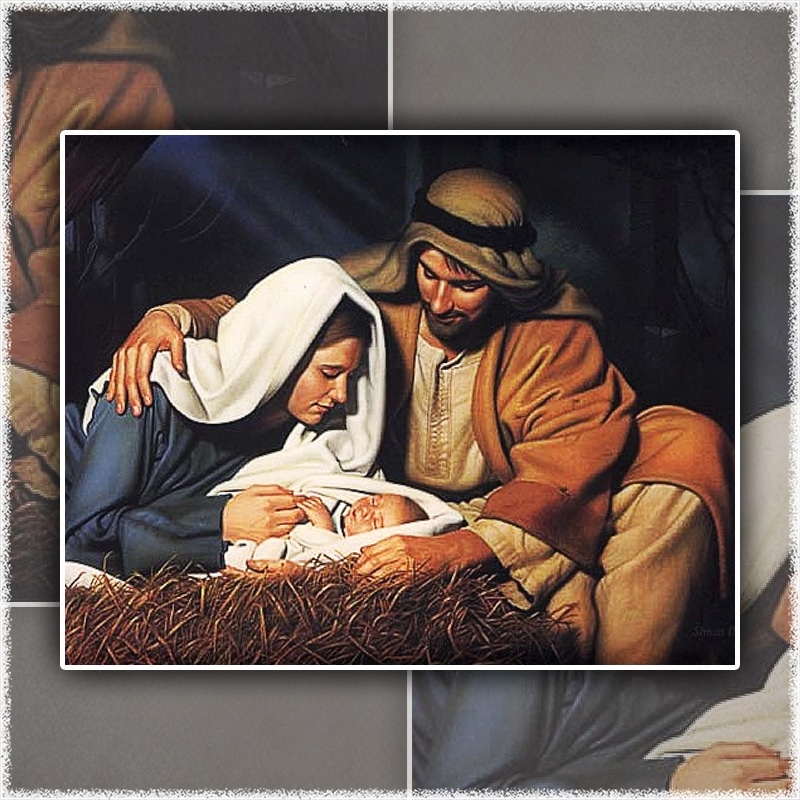
Often, the Christmas season is the most meaningful time of year—for both the believer and unbeliever. Many fail to use this season of the year to point to Christ as fully as they might to Christianize the world around them. While some attempt to sanctify the carnal and merely sensuous for Christian purposes, the Apostle Paul warns believers to build with materials that are most precious and most enduring (1 Corinthians 3:10-18). For this reason, Christian leaders should look eagerly upon the Christmas season with the intent to redeem every opportunity presented to them.
As Christians anticipate the celebration of the birth of Christ, a couple of important biblical truths should influence the way in which we celebrate. By giving these important doctrines emphasis at this time of year, it is hoped that they will maintain an important place in our thinking throughout the year:
The necessity of an atonement for sin—If the advent of sin into the world and its influences are not well understood, the world will not understand the purpose of the Advent of Christ, nor will they understand the need for salvation by a living faith in Christ.
The Advent of Jesus—The Virgin Birth, the humanity of Christ, and his deity should be prevalent during the Christmas season.
As the calendar year draws to an end, many opportunities for meaningful ministry exist. In America, Christians should make every effort to capitalize on the Christian heritage bequeathed to the nation by our forefathers. Parents, pastors, and local church leaders should not allow important historical and spiritual events to lapse without celebrating them within the church as well as advocating them in the community.
Contents
In addition to the highlights of this month that are discussed below, additional subjects of interest regarding our Christian heritage are presented online, where they are arranged according to dates of occurrence—with particular attention being given to the influence Christianity has exercised upon the origin of America. The online calendar where these articles are arranged is under continual development with new articles appearing as they become available. By clicking the message box below, readers will navigate to the present month under consideration.
To navigate to our online calendar, please click this box.How December Received Its Name
In the Julian and Gregorian Calendars, December is the twelfth month of the year. The last four months of our year, September, October, November and December, all receive their names from Latin numerical terms. Prior to the introduction of January and February into our calendar system, the old Roman calendar employed a calendar of only ten months. Latin numbers were given to these months: septem, (meaning seven) became September; octem, (eight) became October; novem (nine) became November; decem (ten) became December. When January and February were added to the ten-month calendar to become our twelve-month calendar, these latter four months retained their Latin names, despite their new positions as months nine, ten, eleven, and twelve.
In the Northern Hemisphere, the meteorological winter begins on December 1, and it is the month with the shortest daylight hours. It is also the equivalent to June in the Southern Hemisphere where December 1 is the beginning of the meteorological summer and where the longest days of the year are experienced.
Birthstones for the month of December include turquoise, zircon and tanzanite; the birth flower is the narcissus, a genus of predominantly spring flowering perennials of the amaryllis family, including daffodil, narcissus, and jonquil—which describe all or some members of the genus.
Congress Makes United States Capitol a Church
Observance: December 4
America's Christian heritage has been written in both large, bold, declarative statements as well as faint ornamental affirmations. To the degree that secularists and their supporters are successful in concealing the truth, to that degree America will walk in the darkness brought upon it and every nation where irreligion has ascended to tyrannical dominance. One of the many ways that America's Founding Fathers declared their intentions was not only through the principles they articulated in their writings, but the practices they observed, and few practices are as straightforward as the way they worshipped. If it may be demonstrated that their worship was Christian and that they intended that this worship should not be excluded from the recognition and appreciation of the government, the fraudulent claims of secularism are completely denied, and therefore, must be denounced by an accurately informed people. The misinformation and fraudulent claims of secularism against America's Christian heritage suffer a grievous blow when we realize that America's Founding Fathers established a church within the United States Capitol before its construction was complete, and the Capitol continued to be used as a Church until after the Civil War.
A church had been meeting in the United States Capitol for more than five years before Congress officially occupied the Capitol. The first session of both houses of Congress at the Capitol began on November 17, 1800. During the first few weeks, committee room assignments and other designations for the use of the Capitol were made.
It was during this period of allotting rooms and space throughout the Capitol, that the larger chamber of the House of Representatives was officially designated as the place where church services would be held. With no debate, the House of Representatives—by consensus—made provision for the use of their chamber for Christian worship services. No other building at that time in Washington was sufficient to accommodate the large crowd that attended worship at the Capitol, and the chamber of the House of Representatives was the largest room in the Capitol. The Annals of Congress records the ease with which Christian worship was officially sanctioned in the Capitol. On Thursday, December 4, 1800, a brief entry was made in this official record of the House of Representatives which read:
The Speaker informed the House that the Chaplains had proposed, if agreeable to the House, to hold Divine service every Sunday in their [House of Representatives'] Chamber.[1]
For more information, you may wish to see our work, When the United States Capitol Was a Church
Remembering the Ministry of St. Nicholas
Observance: On or before December 6
Early in the life of the Christian Church, believers began to engraft a pagan practice into the life of Christianity. That practice was the worship of the dead. Pagans had long practiced praying to loved ones and tribal heroes who were deceased, often placing objects of affection and veneration at their burial sites, and in time, the practices of ancestor and hero worship made their way into second- and third-century Christianity. These early pagan influences laid the foundation for the practice of saint worship—praying to renowned deceased Christian leaders.
Though movements within the Roman Catholic Church attempted to reform this practice, it was not until the Protestant Reformation and Reformers such as John Calvin in Switzerland and the Dissenters of England that it was more forcefully resisted. Though believers must never attribute divine characteristics to those who have lived exemplary Christian lives, the study of their lives may lend remarkable encouragement to succeeding generations of believers.
What may be known about Nicholas is often shrouded by fables and folk lure. Throughout the centuries following his death, more and more stories arose about Nicholas that were born out of a desire to create Christian heroes that would tower above the heroes of pagans and other non-Christians. The magical and supernatural deeds commonly credited to Nicholas were often the result of vivid imaginations on the part of admiring Christians who were often attempting to demonstrate the superiority of the Christian faith by displaying the supernatural acts of the most highly esteemed leaders of the faith.
From what may be gleaned from the life of Nicholas of Myra (most commonly known as St. Nicholas), contemporary believers may expect to benefit from his example and lingering influence. Along with the Apostle Paul, Augustine, Luther, Wesley and many others, we may list St. Nicholas among that evangelical “great cloud of witnesses” and profit from what may be learned about his ministry.
Nicholas was born about 270 in the city of Patara, a seaport city in the province of Lycia in Asia Minor. Today, Asia Minor is known as Turkey and is dominated by Islam. Born at a time when it was illegal to be a Christian, Nicholas’ parents were committed followers of Christ. Nearly half of his life was spent under the Roman Persecution of the Church—a time when Christians were martyred for their faith. In his childhood, Nicholas was taught the Christian Scriptures by his mother and father. Little is known of Nicholas' childhood, but what is known about his father is that he was a man of considerable wealth. Both parents were committed believers, but tragedy struck their small family when an epidemic swept through their town, taking the lives of both parents and orphaning young Nicholas.
From his parents, Nicholas inherited his Christian faith and considerable financial fortune, both of which he used to enrich the lives of fellow believers. With his faith in tack, young Nicholas grew to become an ardent follower of Christ and faithful Christian pastor in a town some distance from were he was born. The name of the town were he was chosen as pastor of the Christians living there was Myra, also in modern-day Turkey.
Later generations of Christians believed that he wore red clerical attire and in their paintings of what they believed he wore that attributed to him the suits worn by the bishops of their own times rather than the era of Nicholas. Nearly six hundred years would pass following the ministry of Nicholas before church history would record the first use of “the miter and the red cope” by the pope of Roman.
On December 6, 343, he passed from this life into the eternal arms of his Lord. He was buried in a small church, but the memory of his ministry did not soon die.
For more information, you may wish to see our work, St. Nicholas—How a Christian Pastor Became Santa Claus
Observance: December 7
On the quiet Sunday morning of December 7, 1941, the Imperial Japanese Navy launched a secret attack against the United States naval base at Pearl Harbor, Hawaii. The attack was preemptive and intended to prevent the U.S Pacific Fleet from interfering with the military assaults of the Empire of Japan against the territories of the United Kingdom, the Netherlands, and the United States in Southeast Asia.
The primary attack was conducted by 353 Japanese fighters, bombers, and torpedo planes in two separate waves, launched from six undetected Japanese aircraft carriers. All eight of the U.S. Navy battleships were damaged in the attack, four of which were sunk. In addition, the Japanese also sank or damaged three cruisers, three destroyers, an anti-aircraft training ship, and one minelayer, with 188 U.S. aircraft also being destroyed. Other base installations, such as the power station, headquarters building, shipyard, submarine piers, fuel and torpedo storage facilities, and maintenance buildings were not attacked.
As may be expected, American casualties were high, with 2, 402 being killed and 1,282 wounded. Comparatively speaking, Japanese losses were light. While only one Japanese sailor was captured, 29 aircraft and five midget submarines used in the attack were lost, and 65 servicemen were either killed or wounded.
The response from the United States was swift. The following day (December 8) America declared war upon Japan. In addition, the attack led directly to the American entrance into World War II in both the Pacific and European theaters of conflict. Prior to the attack upon Pearl Harbor, support for the non-intervention of the United States in the War had been strong, but following the attack such resistance disappeared.
So treacherous was the attack by the Japanese on Pearl Harbor, that is led President Franklin D. Roosevelt to declare that December 7, 1941 would be regarded as "a date which will live in infamy."
Spiritual Proclamations of Congress
Remembrance: December 11 Congressional Spiritual Proclamation
Among the thousands of documents and events that demonstrate America's Christian origin are the sixteen spiritual proclamations issues by Congress during the American Revolution. Following the pattern of fasting, praying, and offering of thanksgiving to God that was use in the New England Colonies, Congress asked the American states to fast and pray in the spring and offer prayer and thanksgiving in the fall of the year. States were asked to invite their citizens to cease their labors and observe the day as proscribed by Congress.
The first of the sixteen spiritual proclamations was issued in late spring on June 7, 1775 and was a fasting and prayer proclamation. The sixteenth and last spiritual proclamation to be issued by Congress on August 3, 1784 was a thanksgiving proclamation.
Congress issued one proclamation in the month of December during these years. The spiritual proclamation number, the date it was issued, and the purpose for which it was issued are listed below:
See our featured and related articles:
All sixteen proclamations: When Congress Asked America to Fast Pray and Give Thanks to God
Sons of a Minister Give the World Flight
Observance: December 17
On December 17, 1903, two inventor brothers and aviation pioneers, Orville and Wilbur Wright, piloted the world's first successful manned flying machine at Kitty Hawk, North Carolina. Although the Wright brothers were not the first to construct and fly experimental aircraft, they were the first to equip their flying machine with controls that made fixed-wing powered flight possible. Over the two years that followed the first flight at Kitty Hawk, Orville and Wilbur developed their invention into the first practical fixed-wing airplane.
What is often overlooked is the fact that the Wright brothers were the sons of Milton Wright, bishop in the Church of the United Brethren in Christ and natal denomination to the present writer and his wife. In 1889, Bishop Wright led a split in the denomination when a new constitution was proposed by a large portion of the church. The smaller portion of the denomination which he helped to lead, known as the United Brethren in Christ (Old Constitution), eventually established its headquarters in Huntingdon, Indiana. The larger portion of the denomination, known as the United Brethren in Christ (New Constitution), eventually merged with the Methodist Church in 1968 to become the United Methodist Church.
Bishop Wright had been stationed at the United Brethren headquarters in Dayton, Ohio, and for this reason, the Wright brothers, yet children, grew out of childhood to live and work in Dayton. Following their initial success as aviators, the Wright name became associated with one of the most important aviation centers in the world. In 1917, Wilbur Wright lent his name and consulting skills to six businessmen who formed the Dayton-Wright Airplane Company, which helped to supply the military with airplanes during World War I. As a result, Dayton became an important center for the production of military aircraft. By the early 1920s, efforts were being made to preserve the development of American and world aviation history in the form of a museum. Today the National Museum of the United States Air Force, the oldest aviation museum in the world, exists as the result of successive efforts to memorialize aviation history. It lies just outside of Dayton, and it does so because a Christian minister was called to serve his denomination as a bishop, laboring at his church's headquarters in Dayton, Ohio.
See our featured articles:
Observance: On or before December 27
The life and ministry of the Apostle John, son of Zebedee, is observed annually on December 27 by Christians in the West. John was distinguished as a prophet, an apostle, and an evangelist. He is known as the beloved disciple or "the disciple whom Jesus loved," and was the younger brother of James the Great. The two brothers, and sons of Zebedee, were known as the "sons of thunder." John was previously a disciple of John the Baptist, and after becoming a disciple of Jesus was not only one of the Twelve Apostles, but one of the three members of the inner circle chosen by Jesus from among the Twelve. With these three, Peter, James and John, Christ communicated his teachings more explicitly.
See our featured and related articles:
Christianizing Your World in December
Throughout the end of the twentieth and beginning of the twenty-first centuries, Christianity in America has been under a withering attack from secular and non-Christian religious forces. In the 1960s and following, prayer and Bible reading was taken from our public schools. Since this time, public displays of the Christian faith have been consistently and persistently under attack. Gone from public display are the symbols of the Christian faith that guided the birthing and maturing of America.
As the courts grant permission to those outside the Christian faith to attack America’s Christian heritage, believers must be more deeply resolved to the visualization of their faith. From the earliest generations of the Church, a rich heritage of symbols has arisen to give expression to the faith of the Christian tradition, symbols which the Church has called "chrismons."
See all our resources:
Spiritual Formation in the New Year
Many of America's Founding Fathers read the Bible through each year. For them, the Bible was a means of direction for their personal lives and the life of the nation. Contrary to the popular notion pushed on American that her Founding Fathers were secular, overwhelmingly they were Christians. A study of the Journals of Congress or minutes of Congress reveals that Founding Fathers endorsed the Christian religion and its practices—though no single denomination was endorsed.
Few are aware that many of America's Founding Fathers were founders of Bible societies. In fact, Elias Boudinot was a distinguished Founding Father who served as a president of Congress (from Nov. 4, 1782–Nov. 3, 1783), was a member of the American spy network during the Revolution, and held prominent positions in government following the War of Independence. Like many other Founding Fathers, Boudinot promoted Bible societies and served as the first president of the American Bible Society. He was followed in that office by John Jay, the first Chief Justice of the Supreme Court.
The idea that the people of a nation were the primary foundation of government is known as "republicanism," and Founding Fathers such as Noah Webster understood that the Bible provided the foundation for republicanism:
The brief exposition of the constitution of the United States, will unfold to young persons the principles of republican government; and it is the sincere desire of the writer that our citizens should early understand that the genuine source of correct republican principles is the Bible, particularly the New Testament or the Christian religion.[3]
See our featured article:
As the new year begins, Christians should give careful consideration to designated personal times of prayer and Bible reading. To assist in the matter of prayer and Bible reading, suggested resources are offered below:
Get a free Bible on your phone, tablet, or computer
Our reprint of E M Bound's, Power Through Prayer
Some additional dates of significance include the following:
December 12, 1847: James Kent (July 31, 1763 – December 12, 1847) was an American jurist and legal scholar. He has been long remembered for his Commentaries on American Law (four volumes, published 1826-1830), highly respected in England and America. The Commentaries treated both state, federal and international law, and the law of personal rights and of property, and went through six editions in Kent's lifetime. With Joseph Story, he is remembered as the Father of American Jurisprudence.
December 15, 1791: The First Amendment (along with the rest of the Bill of Rights) was submitted to the states for ratification on September 25, 1789 and adopted on December 15, 1791.
December 16, 1773, Boston Tea Party. After officials in Boston refused to return three shiploads of taxed tea to Britain, a group of colonists boarded the ships and destroyed the tea by throwing it into Boston Harbor.
December 22, 1984: Audrey Wetherell Johnson founder of Bible Study Fellowship (also known as BSF) is an international Christian interdenominational or parachurch fellowship of lay people offering a system of structured bible study. Johnson, who had been a British evangelist to China, started Bible Study Fellowship in 1959.[2]
December 23, 1915: William Howard Doane (born in Preston, Connecticut on February 3, 1832; died in South Orange, New Jersey on December 23, 1915) was an industrialist who composed Christian hymn tunes. He held patents on wood-working machinery and in 1861 became President of J. A. Fay and Company. In religious work he headed the Ohio Baptist Convention Ministers Aid Society for the Midwest. In 1875 he received his doctorate in music from Denison University. In his musical career he edited forty-three collections of hymns and composed hundreds of hymns. He composed the music to several hymns by Fanny Crosby.
December 25, 1918: John Wilbur Chapman (June 17, 1859, Richmond, Indiana – December 25, 1918, New York, New York) was a Presbyterian evangelist in the late 19th Century, generally traveling with gospel singer Charles Alexander. His parents were Alexander H. and Lorinda (McWhinney) Chapman.
December 29, 1876: Philip Paul Bliss (9 July 1838 – 29 December 1876) was an American composer, conductor, writer of hymns and a bass-baritone Gospel singer. He wrote many well-known hymns, including Almost Persuaded, Hallelujah, What a Savior!, Let the Lower Lights Be Burning, Wonderful Words of Life, and the tune for Horatio Spafford's, It Is Well with My Soul.
December 29, 1903: Thomas Bramwell Welch (December 31, 1825 – December 29, 1903) was the inventor of the pasteurization process to prevent the fermentation of grape juice.
December 31: Watch-night service. See our article on the influence of this service upon the life of America during the Revolution in our article, Watch-night Service: From Ale-house to Revolution.
See our featured article:
[1]The Debates and Proceedings in the Congress of the United States with an Appendix Containing Important State Papers and Public Documents and All the Laws of a Public Nature (Washington [D.C.]: Gales and Seaton, 1855), 797.
[2] See John Woodbridge, More Than Conquerors: Portraits of Believers from All Walks of Life.
[3] Noah Webster, History of the United States to Which Is Prefixed a Brief Historical Account of Our English Ancestors (New Haven, CT: Durrie & Peck, 1832), 6.



